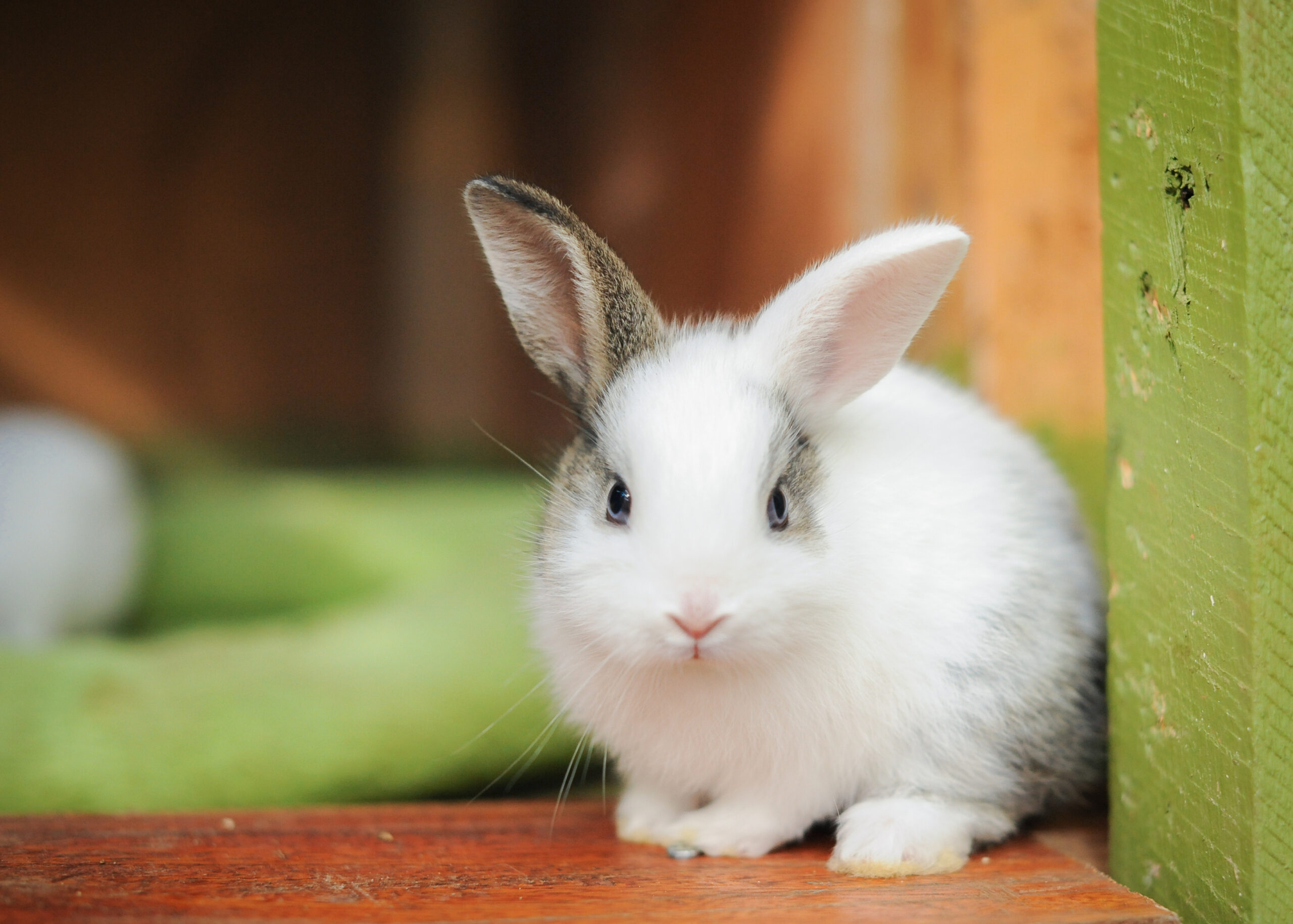How Long Do House Rabbits Live?
Many people choose rabbits as pets due to their cute and cuddly appearance, but it’s important to consider their lifespan before bringing one home. The lifespan of a house rabbit can vary depending on several factors, including genetics, diet, and overall care. Let’s explore the lifespan of house rabbits in more detail.

Factors Affecting Lifespan
Several factors can influence the lifespan of a house rabbit. These include:
- Genetics: Just like humans, genetics play a significant role in determining how long a rabbit will live. Some breeds may have a predisposition to certain health conditions that can impact their lifespan.
- Diet: Providing a well-balanced diet is crucial for a rabbit’s overall health and longevity. A proper diet should consist of high-quality hay, fresh vegetables, and a limited amount of pellets.
- Exercise: Regular exercise is essential for rabbits to maintain a healthy weight and prevent obesity-related health issues. Offering plenty of space for them to hop and play is vital.
- Veterinary Care: Regular check-ups with a rabbit-savvy veterinarian can help identify and address any health concerns early on, potentially extending a rabbit’s lifespan.
- Environment: Providing a safe and stress-free environment is crucial for a rabbit’s overall well-being. Reducing exposure to toxins, providing appropriate housing, and minimizing potential hazards can all contribute to a longer lifespan.
Average Lifespan of House Rabbits
The average lifespan of a house rabbit typically ranges from 8 to 12 years. However, with proper care, some rabbits have been known to live into their teens or even beyond. It’s important to understand that individual rabbits may have different lifespans, and some factors may shorten or extend their lives.
Factors That Can Shorten a Rabbit’s Lifespan
While rabbits generally have a decent lifespan, several factors can shorten their lives:
- Obesity: A poor diet and lack of exercise can lead to obesity, which is associated with various health issues that can shorten a rabbit’s lifespan.
- Dental Problems: Rabbits have continuously growing teeth, and if their teeth become misaligned or overgrown, it can lead to dental problems. This can affect their ability to eat and cause serious health complications.
- Untreated Illnesses: Failing to address illnesses or infections promptly can have a severe impact on a rabbit’s lifespan. Regular veterinary check-ups are essential to catch and treat any health issues early on.
Stress: Rabbits are sensitive animals, and chronic stress can weaken their immune system and make them more susceptible to various health problems.
FAQs About the Lifespan of House Rabbits
Can rabbits live longer if kept indoors?
Yes, rabbits kept indoors tend to have longer lifespans compared to those living outside. Indoor rabbits are protected from extreme temperatures, predators, and potential accidents.
Do male and female rabbits have different lifespans?
A: Generally, male and female rabbits have similar lifespans. However, unspayed female rabbits have a higher risk of developing reproductive-related health issues, which can impact their lifespan.
Can bonding rabbits affect their lifespan?
Bonding rabbits can positively impact their mental well-being, reducing stress levels and potentially leading to a longer lifespan.
Do smaller rabbit breeds live longer?
While smaller rabbit breeds tend to have longer lifespans compared to larger breeds, it’s important to remember that individual care and genetic factors still play a significant role in determining a rabbit’s lifespan.
In conclusion, the lifespan of a house rabbit can vary depending on several factors. With proper care, including a balanced diet, regular exercise, veterinary check-ups, and a stress-free environment, rabbits can live for 8 to 12 years or even longer. Understanding the factors that can shorten a rabbit’s lifespan, such as obesity, dental problems, untreated illnesses, and chronic stress, is crucial for providing them with the best possible care and ensuring a longer, healthier life.
Related Articles…
Copyright Notice:
The images displayed here are sourced from the internet, with copyrights held by respective owners. For removal of any copyrighted image, please email us.